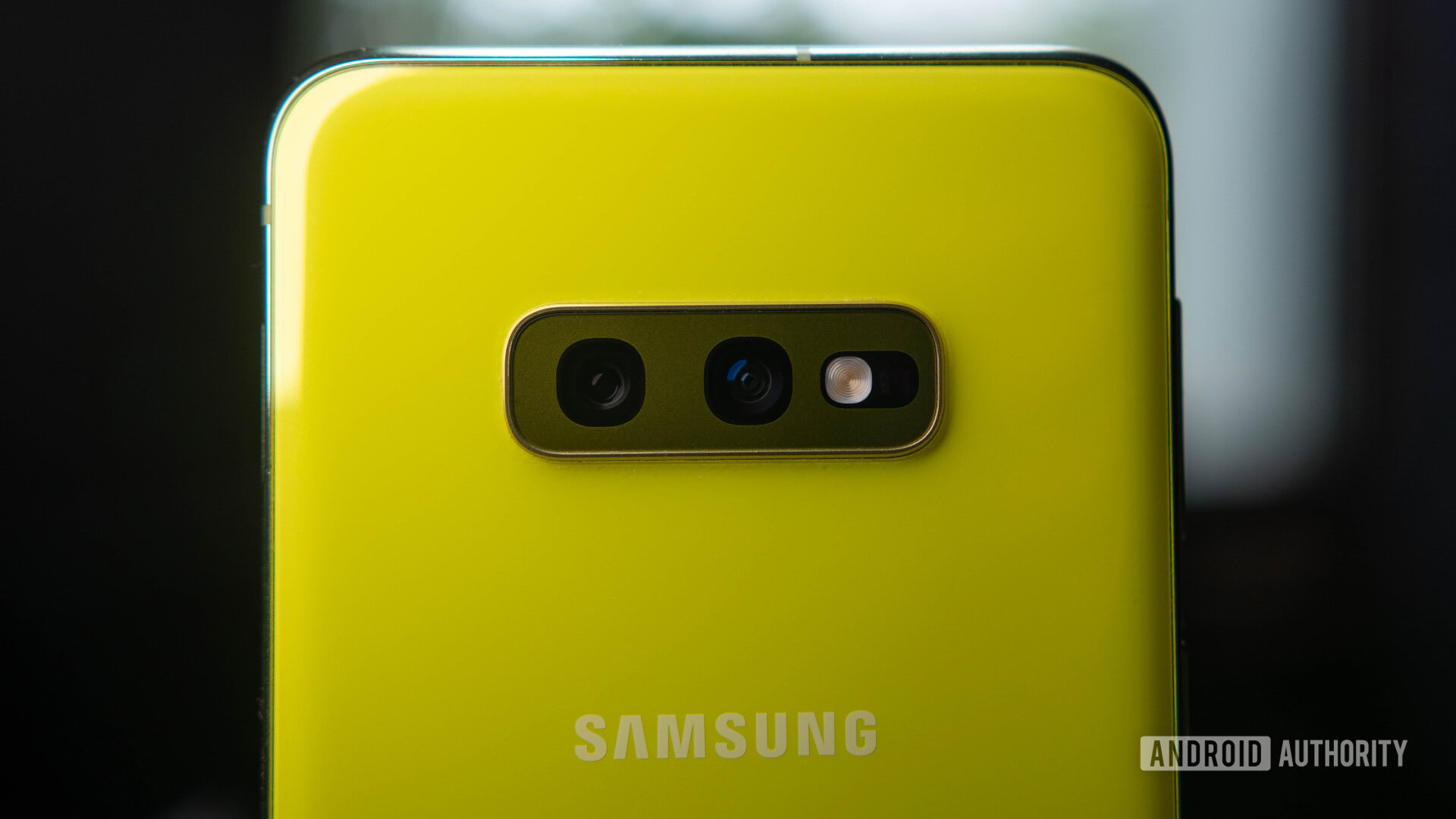Affiliate links on Android Authority may earn us a commission. Learn more.
Samsung's solution for slow smartphone sales? Sell phone parts to Chinese OEMs.

It’s no secret that Samsung’s dominance within the smartphone industry is challenged by many different Chinese manufacturers. These OEMs are chipping away at Samsung’s sales and even coming close to stealing the company’s crown as the top global smartphone maker (until that idea was stamped out for now).
Amidst all this competition, it appears Samsung’s solution is to play both sides. According to The Korea Times, Samsung is expanding its smartphone component sales strategy when it comes to Chinese OEMs, especially Huawei, Xiaomi, OPPO, and vivo.
In other words, Samsung is struggling to beat its rivals in the open market so it is relying instead on selling smartphone parts to its competitors in an effort to sustain its growth.
As an example, Samsung recently announced that it will sell its ISOCELL Bright GW1 image sensor to Xiaomi for inclusion in the latter company’s Redmi devices. Samsung will also sell an upcoming 108MP camera sensor to Xiaomi, and OPPO is planning to start using Samsung’s sensors as well.
HUAWEI is also slated to increase its purchasing of Samsung OLED panels. The rumor is that the upcoming HUAWEI Mate 30 and Mate 30 Pro will use Samsung panels, a first for the Mate line (the P20 and P30 lines used Samsung displays). A Samsung official declined to confirm or deny this rumor but did say that the company has supplied parts to Chinese manufacturers for many years.
Samsung’s most recent earnings report calls out “weak sales momentum for the Samsung Galaxy S10 and stagnant demand for premium products.” With that in mind, it makes sense for the company to move away from relying on the sales of its own smartphones to increase growth and instead help out the competition — and earn some profit.